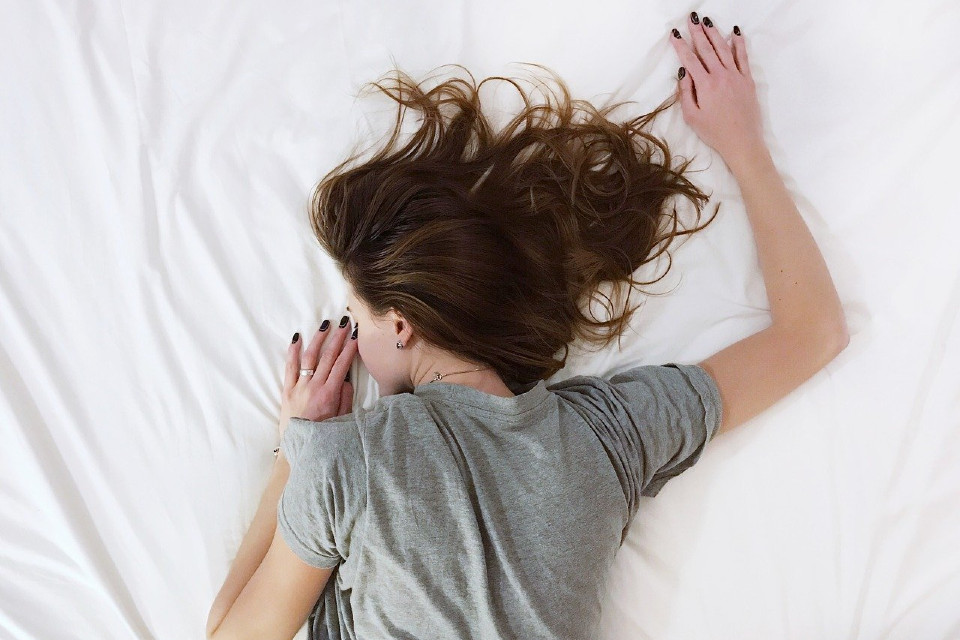World Sleep Day falls on March 19th this year. With significant numbers of people reporting poorer quality sleep during lockdown, Towergate Health & Protection is suggesting employers should look towards the Netherlands for good sleep habits.
According to figures from Sleep Cycle, people in the Netherlands got the best quality sleep over the past week, closely followed by Finland, and the UK. Those with the worst quality of sleep were in Japan, Vietnam, and Korea.
Sarah Dennis, head of international at Towergate Health & Protection comments: “It is not just the amount of sleep that has suffered during the pandemic, but stress and worry can impact on people’s quality of sleep around the world too. Regular poor sleep affects overall wellbeing and can put people at risk of serious medical conditions. Related illnesses, and a lack of sleep in general, also have a big impact on people’s productivity and their ability to carry out their work to the usual standard, so it affects work life too.”
Physical impact
The physical effects of lack of sleep are perhaps sometimes overshadowed by the mental consequences, but reduced sleep impacts more than just mood and focus, it increases the risk of serious medical conditions, including obesity, heart disease, and diabetes, and even shortens life expectancy.
Reduced performance
According to the World Sleep Day organisers, regular sleepers have better mood, psychomotor performance, and academic achievement. Their research shows that after multiple nights of sleep restriction, there is a progressive reduction in sustained attention, speed of processing, and working memory, all of which have a great impact on a person’s working ability. Just one night of poor-quality sleep negatively impacts attention span, memory recall, and learning ability. Indeed, 46% of individuals with frequent sleep disturbances report missing work or events or making errors at work.
Regular routine changes
Sleep patterns are likely to have been affected differently around the world depending on things like the severity of the pandemic and the rigidity of restrictions. It is particularly important that employers with overseas staff consider the different cultural attitudes to sleep and the differing routines their employees may be facing. With globally mobile workforces, changes to sleep patterns may be commonplace, with employees frequently having to recover from jet-lag and adjust to new time-zones.
Help is available
Employers should be aware of the tools available to them and their employees that can help support good quality sleep. These may be things such as sleep apps, wellbeing programmes, and expert advice. Supporting the health and wellbeing of overseas staff is about more than just putting private healthcare in place, employers must ensure there is wider assistance available, which considers the whole self and provides comprehensive care.
Number of hours’ sleep by country
The national sleep foundation recommends that most adults require between seven and nine hours of sleep a night. However, more than a third of people in Japan are only getting six hours of sleep or less each night. The same is true in Thailand, Malaysia, Qatar, to name but a few.
Sarah Dennis explains: “The Netherlands takes sleep very seriously. The country has many sleep research and medicine centres. It has education programmes and task forces dedicated to improving the quality of people’s sleep. Employers should take note of this and consider the options for their employees. A wide wellbeing programme will be able to offer alternative treatments, self-help resources, and advice, all of which can help employees to get better sleep and therefore gain more focus, better health, greater resilience, and a better view of life and work in general.”















